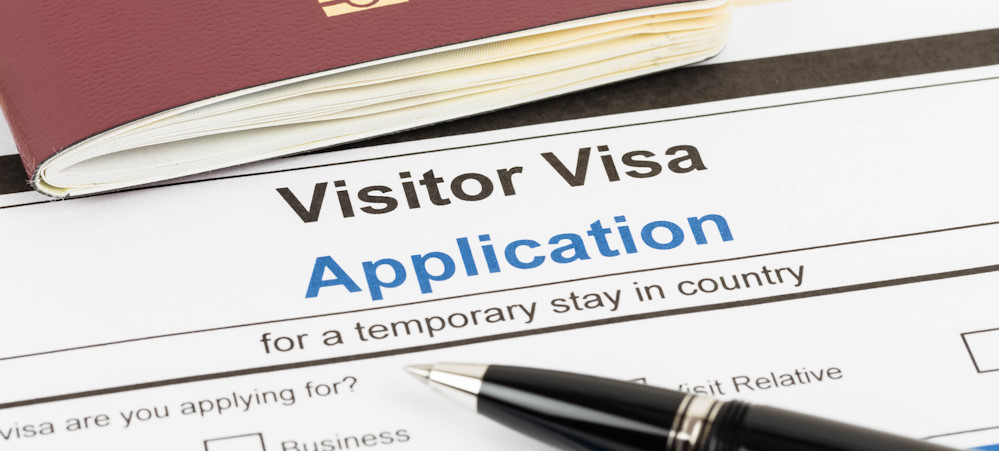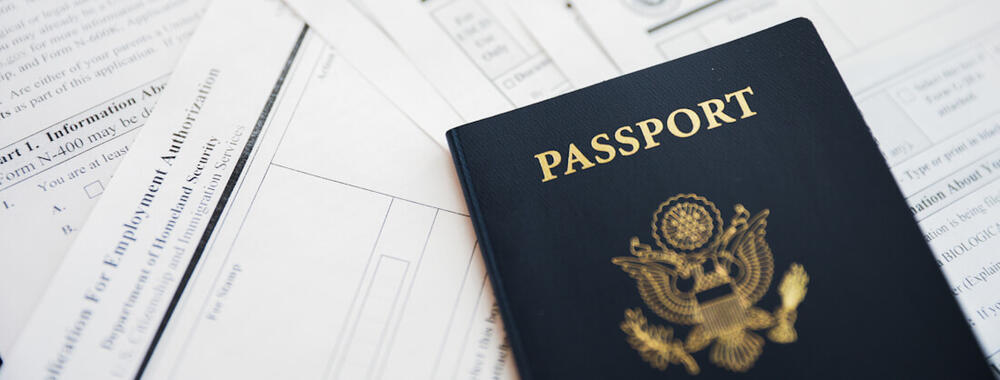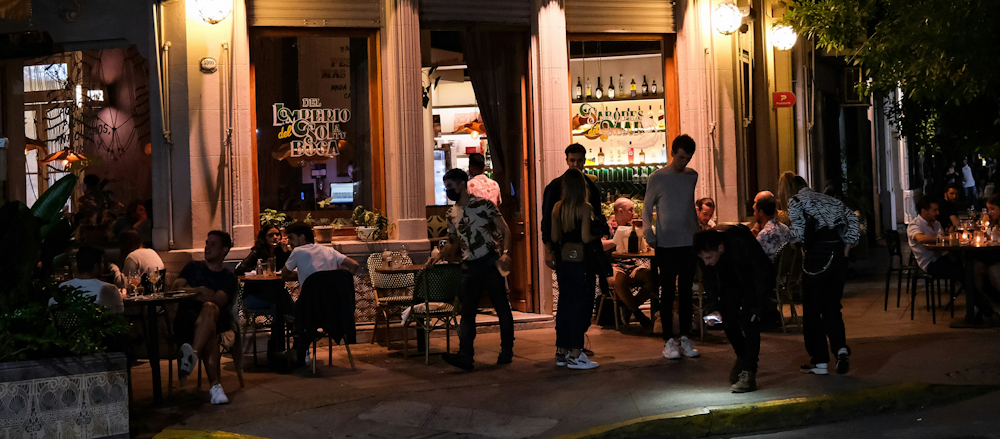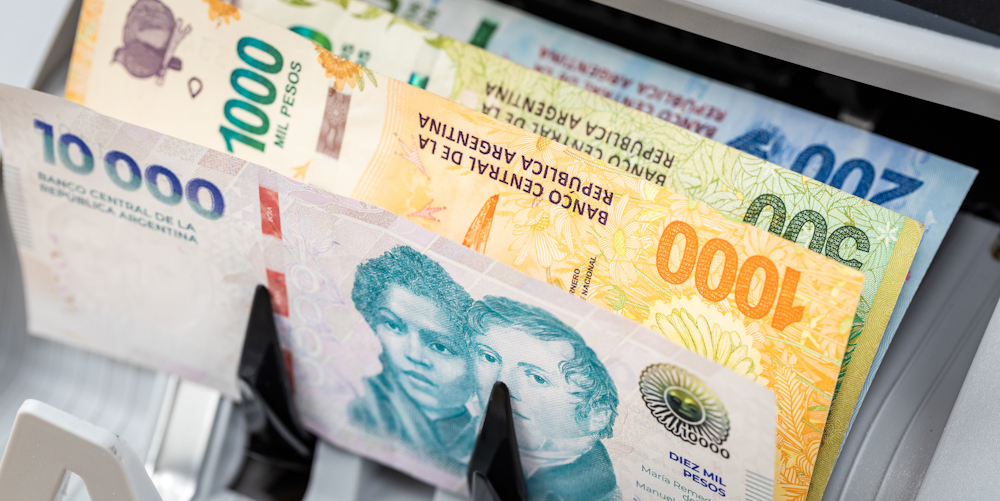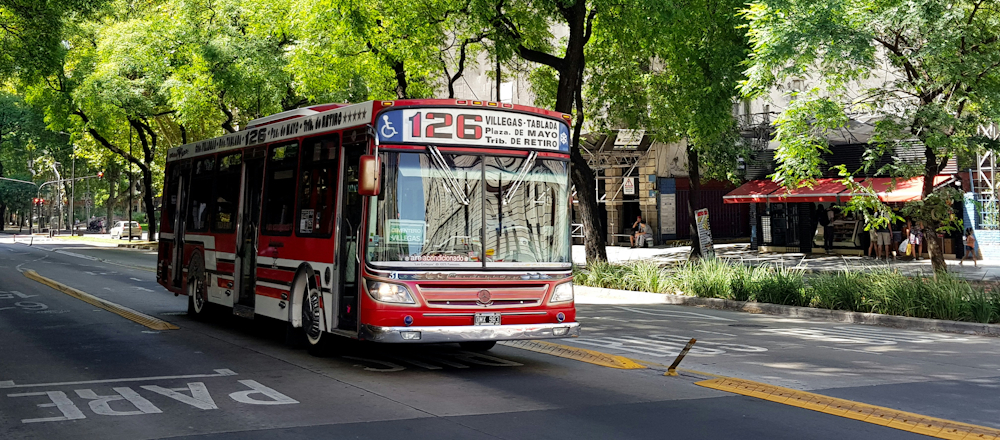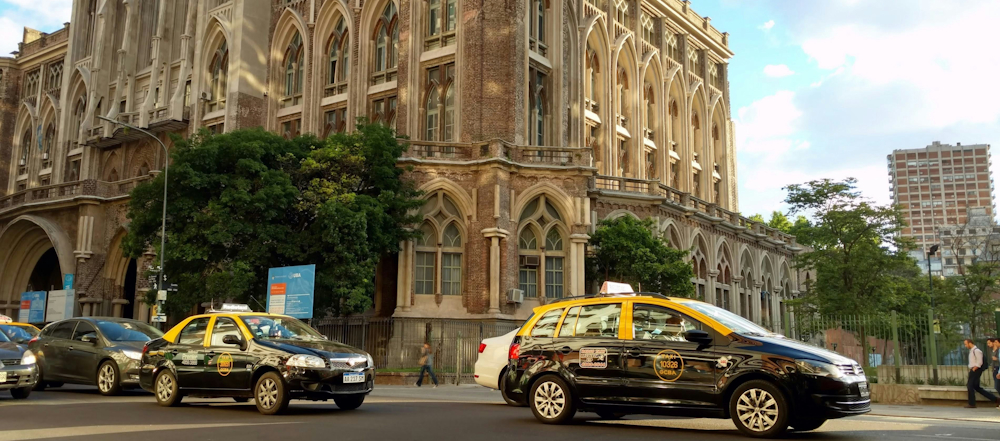Moving to Argentina offers expats a stunning and relatively undiscovered destination for expats seeking adventure. Argentina’s vast plains, the Pampas, are a verdant swathe of natural beauty, stretching westward from the Atlantic coast to the Andean foothills. The imposing Andes mountain range to the west provides a majestic and awe-inspiring backdrop to the country’s already stunning landscape.
Despite its immense size, providing an expansive sense of space and natural beauty, with an area 11 times larger than the United Kingdom, Argentina’s population is only about two-thirds as large. Only by taking a leap of faith and committing to a long-term stay can you truly appreciate the breadth of its exquisiteness.
Living in Argentina as an expat
Argentina’s 23 provinces are a patchwork of distinctive regions, and each has a unique character and allure. Most expats move to the cosmopolitan capital city of Buenos Aires, a bustling metropolis that pulses with the rhythms of daily life, a lively mix of European, indigenous and African influences. Outside the main urban areas, you’ll find a sparsity of other foreigners and English speakers.
Argentina’s economic volatility means you’ll experience things differently than in more stable economies. Many newcomers find success by earning in foreign currency, as this provides better purchasing power and protection against peso fluctuations. Housing costs shift as quickly as every six months, and banking often works differently than you might expect. An upside of this economic dynamism is that it has created interesting opportunities in the real estate market for those looking to invest in this extraordinary country.
Outside of being assigned by a large multinational corporation and getting transferred to Argentina, or relocating to Argentina with a specialised and in-demand skill set, expats have limited employment opportunities. English teaching, tourism and hospitality are popular jobs for expats.
It’s best to have a good working knowledge of Spanish, as it is the official language and is essential for daily life. That said, in some regions with higher levels of tourism, English proficiency may be more prevalent.
Argentina has an efficient and extensive transport system, including buses, trains and subways, making it easy to move around cities without needing to own a car. Rush hour traffic can be heavy in major cities, so it may be best to plan accordingly to avoid long commute times.
Working in Argentina
Transport and Driving in Argentina
Moving to Buenos Aires
Cost of living in Argentina
Argentina offers expats an affordable and high quality of life, although recent economic changes mean it’s no longer as cheap as it was previously known to be. Salaries in Argentina tend to be low, and expats should look to find a job with an international company where they can earn in a foreign currency. Due to ongoing inflation, prices can shift monthly, which is all the more reason to earn an offshore income.
Cost of Living in Argentina
Accommodation in Argentina
Expat families and children in Argentina
If you’re moving to Argentina with your family, you’ll find a range of schooling options available, including both Spanish and English-language schools. Most private schools in the Buenos Aires area are used to accepting expat families and offer some type of bilingual programme. About 50 schools throughout Argentina also offer the International Baccalaureate programme.
Healthcare in Argentina operates through a three-tier system comprising public, private, and social security sectors, and is generally considered to be of good quality. The country’s universal public healthcare system provides free medical care to all residents and foreigners, with well-trained professionals and modern facilities in most urban areas. Emergency care is provided free of charge to both citizens and foreign travellers.
You’re recommended to have private health insurance to access quicker services and avoid potential waiting times, as the public system can sometimes experience delays due to high demand.
Schools and Education in Argentina
Healthcare in Argentina
Climate in Argentina
From the sultry heat of the subtropical north to the snow-capped peaks of the southern Andes, Argentina’s climate is a diverse and ever-changing natural wonder in its own right.
Expats moving to Argentina can expect to experience four distinct seasons, with summer running from December to February and winter from June to August. In Buenos Aires, summers are warm, humid and wet with temperatures typically reaching around 86°F (30°C), while winters are generally mild with temperatures around 50°F (10°C). The city experiences the majority of its rainfall during the summer months.
Weather and Climate Charts for Argentina
With its delicious cuisine, rich history, and lively culture, Argentina is a country that rewards those who take the time to fully immerse themselves in its many charms and delights. By doing so, you'll adapt more easily and adjust to your new life in Argentina.
Fast facts
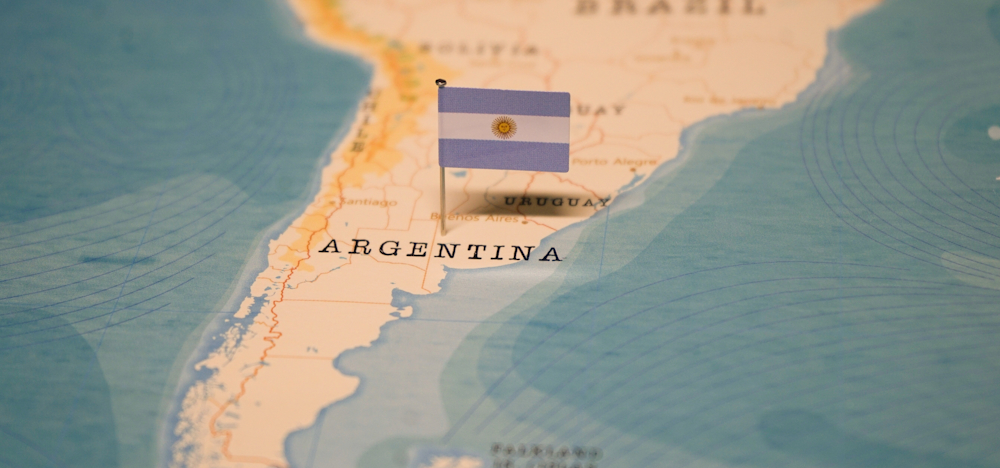
Official name: Argentine Republic
Population: Around 46 million
Capital city: Buenos Aires
Other major cities: Córdoba, Rosario, Mendoza
Neighbouring countries: Argentina is bordered by Bolivia and Paraguay to the north, Brazil to the northeast, Uruguay and the Atlantic Ocean to the east, Chile to the west and the Drake Passage to the south.
Geography: Argentina is the second-largest country in South America by geographic size. It has a varied landscape ranging from its extended coastline along the Atlantic Ocean, the rainforests in the north, the flat Chaco plain, the grasslands of the Pampas and the wastelands of Patagonia, to the Andes Mountains in the west. Aconcagua is the highest point in Argentina, and it is also the highest point in the Southern and Western Hemispheres.
Political system: Presidential democratic republic
Major religions: Roman Catholicism, Protestant Christianity
Main languages: Spanish (official). English is spoken widely in large cities and tourist centres.
Money: The Argentine Peso (ARS) is divided into 100 cents. Foreigners can open a bank account in Argentina with the appropriate paperwork. It is possible to open an account in pesos as well as in dollars. There are many ATMs in and around Argentina’s larger cities.
Tipping: Tipping isn't obligatory in Argentina, but 10 percent can be given as a thank you for good service.
Time: GMT-3
Electricity: 220V, 50Hz. Old buildings use two-pin, round-pronged plugs, whereas newer buildings use three-pin, flat-pronged plugs.
Internet domain: .ar
International calling code: +54
Emergency numbers: 911 (general emergency), 101 (police), 107 (ambulance), 100 (fire)
Transport and driving: Cars drive on the right side of the road. Argentina has an extensive road network that spans the entire country. Most areas of Argentina are covered by a well-developed public transport system, particularly in and around the country’s large cities.



